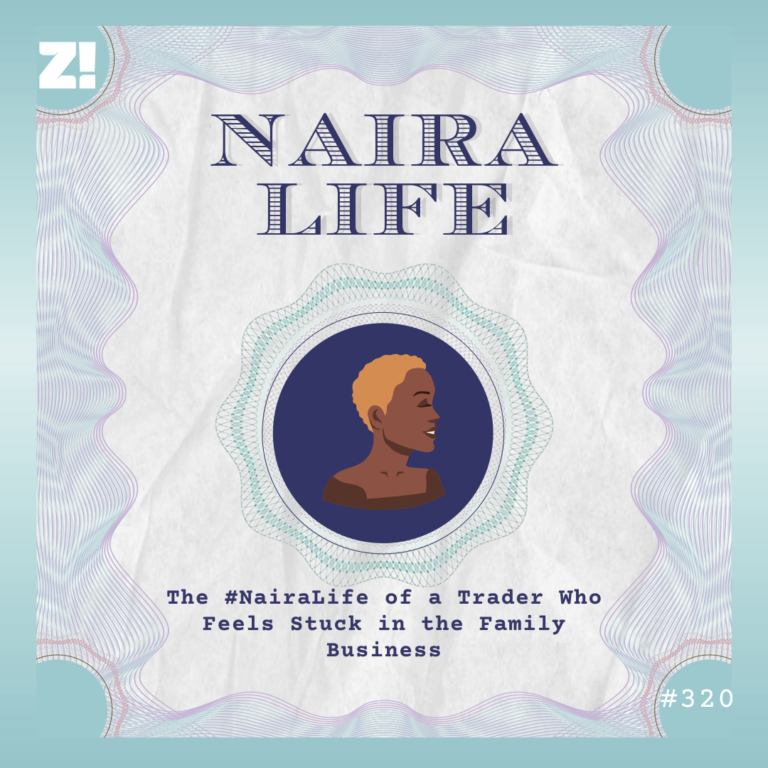Cross-border payments aren’t always a walk in the park. When you aren’t worrying about the exchange rate and affordability of the transfer, it’s hoping the recipient gets the money as soon as possible. This article will solve that problem.
Whether you’re sending money from Ghana to Nigeria to support loved ones or sending money outside of Ghana for other reasons, we’ve outlined the fastest and most affordable options to send money from Ghana to Nigeria.
Bank Transfer
Several traditional banks offer seamless transfers between Ghana and Nigeria, and these banks are the most accessible:
Guaranty Trust Money Transfer (GTMT)
Image: TechCabal
This service allows GTBank account holders and non-account holders to enter any branch in Ghana and transfer funds for free to GTBank account holders in Nigeria. All you need to do is provide the recipient’s Nigerian bank details and full name at the bank branch.
Pros
The funds transfer is instant, and the recipient doesn’t have to worry about converting cedis to naira since the bank sends the exact naira equivalent. The bank also doesn’t charge the recipient for the transfer fees.
Cons
The sender must visit the bank branch to initiate the transfer. The maximum amount per transfer is $10,000.00 (or the equivalent in cedis).
AccessAfrica
Image: TechCabal
This is a payment product by Access Bank that allows Ghanaians to send money (in cedis or dollars) to Nigeria. If the money is sent in dollars and the recipient has a domiciliary account, the recipient in Nigeria will receive it in dollars. Otherwise, they’ll receive the money in naira.
To send the money, the sender requires an approved means of identification, their Access Bank account number (if they’re an account holder), and a transfer “send form” filled out at the bank to initiate the transaction. The recipient receives the money for free, but the sender pays a $5 flat fee + 1% variable fee on the principal per transaction. This means that the total transfer fee depends on the transaction size.
Pros
Money transfers are immediate and trackable. The recipient in Nigeria gets the money straight to their account (for Access Bank account holders) and doesn’t need to show up at the bank. The recipient also doesn’t have to be an account holder and can choose to walk into the bank to pick up the funds.
Con
The sender needs to be physically present at the bank to initiate the transaction.
Africash by UBA
Image: Abacus
Much like GTBank and AccessAfrica, you can visit any UBA branch—either as a UBA customer or not—to transfer money to anyone in Nigeria by filling in your details and choosing a PIN code for verification. Africash also offers the option to cancel, modify, and request refunds for unpaid transfers.
Pros
The service is available to both account holders and non-account holders, and transferred funds are instantly available. There is also no limit on receiving transfers.
Con
Currently, the service is only available at UBA bank branches across Ghana and other African countries.
Internet Banking/Digital Payment Platforms
These platforms offer the convenience of requesting money transfers right from the comfort of your home. We’ve outlined some of the best options available:
Bitnob
Image: Bitnob
Bitnob is a digital payment platform that enables money transfers across eight African countries, including Ghana and Nigeria.
To get started, you’ll need to download the Bitnob app, create an account and fund it. Next, under the “transfer” section, you can choose to transfer to a bank account or Momo wallet and change the currency to Nigerian naira. You can then input the amount you want to transfer and the beneficiary details.
Pros
Bitnob only charges a 1% transaction fee, and the recipient gets the funds immediately in real time.
Con
Transactions are only done in-app.
ATL Money
Image: ATL Money
This online money transfer platform offers users the opportunity to transfer money to over 60 countries, including Nigeria.
To initiate a transfer, visit the ATL Money website and create an account. Next, click on “transfer cash”, enter the amount you want to send, and indicate the country you are sending to. After entering the beneficiary’s details, the site redirects you to a payment channel where you can fund the transfer with your credit or debit card or bank transfer. After confirmation, the funds are then transferred to the recipient in Nigeria. Transaction fees range from 2 – 4% of the total amount sent.
Pro
Money transfers can be done via the website or the ATL Money app.
Con
Transfers can take up to three days to reflect in the beneficiary’s bank account.
Yellow Pay
Image: Yellow Card
Yellow Pay allows users to send Ghana cedis to someone in Nigeria who will receive the equivalent in Naira. The recipient must be a Yellow Pay user to receive the funds.
To transfer using Yellow Pay, download the app and create an account. Next, click on “Pay” and then select “Send.” The app will ask you to select the country code, the beneficiary’s details, and the transfer amount. Then, you’ll see the amount the beneficiary will receive and can confirm the transaction.
The transaction fee depends on the size of the transaction.
Pro
Transaction fees are competitive compared to traditional bank money transfer options.
Con
You can only send funds to Yellow Pay users or recipients willing to open Yellow Pay accounts.
Disclaimer: Please don’t take this as financial advice. We advise you to do your research before using any of these platforms.
NEXT READ: How to Instantly Convert Airtime to Cash in Nigeria




